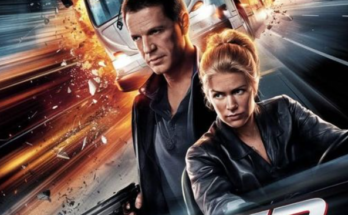In *War for the Planet of the Apes* (2017), the “I Did Not Start This War!” scene is a pivotal moment that underscores the film’s intense emotional and thematic depth. Directed by Matt Reeves, this scene encapsulates the tension and moral complexity of the film, serving as a crucial turning point in the narrative.
**Scene Summary:**
The scene occurs during a dramatic confrontation between Caesar, the leader of the apes, and the film’s primary antagonist, the Colonel, played by Woody Harrelson. Caesar, portrayed by Andy Serkis, is weary and deeply conflicted, having endured immense personal losses and the ongoing brutal conflict between humans and apes.
The setting is a bleak and desolate environment, reflective of the film’s somber tone. Caesar and the Colonel are engaged in a heated exchange inside the Colonel’s heavily fortified compound. The Colonel has just revealed his ruthless intentions and brutal tactics, driven by a vendetta and a belief in his own twisted version of survival and purity.
As the conversation escalates, Caesar, who has always sought to avoid unnecessary bloodshed and find a peaceful resolution, is pushed to his limits. In a moment of raw emotion, Caesar exclaims, “I did not start this war!” His voice trembles with frustration and pain, revealing the heavy burden he carries as both a leader and a father. This declaration is a cry against the senseless violence that has consumed their world.
The scene is powerful, underscoring Caesar’s moral struggle and the film’s central theme of the cost of war and leadership. The interplay between Serkis’s intense performance and Harrelson’s menacing portrayal of the Colonel creates a gripping and emotionally charged moment. The dialogue and cinematography combine to highlight the profound sense of futility and the tragic consequences of their ongoing conflict.
Overall, this scene is a poignant reflection on the themes of justice, leadership, and the tragic cycle of violence, marking a crucial emotional and narrative juncture in the film.



